A ‘Nepali’ peace process
- Dignity Post
- 30-10-2023 03:45
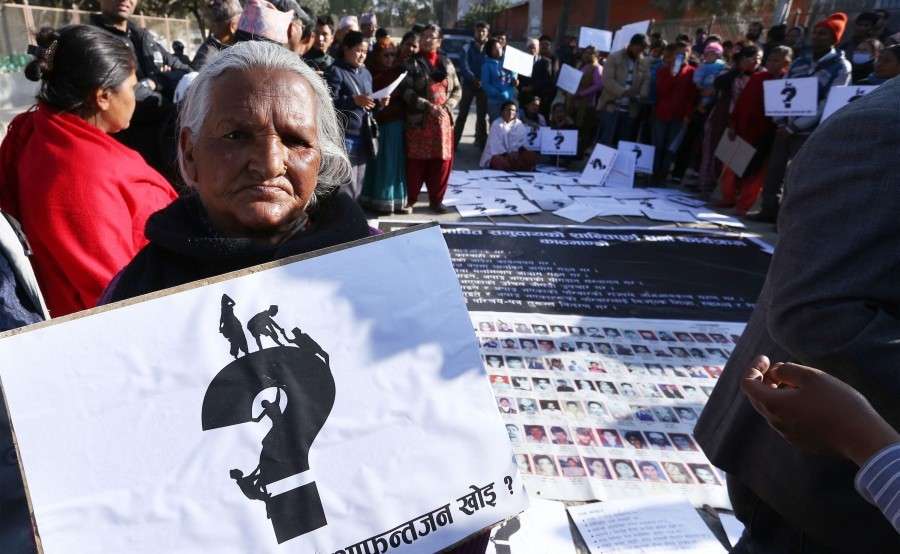
Truth and Reconciliation Commission and Commission of Inquiry on Enforced Disappeared Persons
The success of the transitional justice process lies in the action of the House committee.
Charan Prasai
Addressing the 78th United Nations General Assembly, Prime Minister Pushpa Kamal Dahal "Prachanda" pledged that there would be no blanket amnesty for serious human rights violations and that the ongoing transitional justice process would be victim-centric. He also appealed to the international community for its goodwill and support for the final phase of the peace process.
However, the ground reality is different. A credible transitional justice (TJ) process is yet to begin. The first item on the agenda, the TRC Amendment Bill which is the foundation for driving the process, is still pending in Parliament and is unlikely to follow the stipulated track. Therefore, it’s doubtful the prime minister’s promise to the world body to abide by the verdict of the apex court, meet international standards and embrace the feedback from broader consultations with the stakeholders will be fulfilled.
The TJ mechanism, Truth and Reconciliation Commission and Commission of Inquiry on Enforced Disappeared Persons that were formed for two consecutive terms failed to address a single case out of the over 60,000 cases registered because of political influence. Due to lack of a credible appointment process, they were unable to obtain support from the conflict victims and human rights community, and the international community, including the UN. Their eight-year terms were wasted yielding no results.
Transitional justice
Among the three pillars of the peace process, two—the integration of Maoist combatants in the Nepal Army and the promulgation of a new constitution—have been completed. But one of the major pillars—transitional justice—has been stalled for the last 17 years since the signing of the Comprehensive Peace Agreement on November 21, 2006. The rights of the conflict victims and the principles of transitional justice, namely truth, justice, reparation, and institutional reform ensuring non-occurrence, have been undermined. This process has fallen victim to political consensus. It has been trapped in the making and breaking of governments.
Undoubtedly, Nepal’s peace process is a home-grown initiative, as stated by Dahal at the UN. With various exercises and initiatives, it has developed a legitimate “Nepali model” track following international standards, with the rulings of the Supreme Court and vigorous engagement of civil society under the leadership of the conflict victims community.
The special contributions of human rights defenders Daman Nath Dhungana and the late Padma Ratna Tuladhar are worth mentioning here. The role of the international community—especially the UN Office of the High Commissioner for Human Rights, International Committee of the Red Cross and diplomatic missions in Nepal—was also crucial.
During the year 2003-04 as the Maoist conflict raged, Nepal saw the highest number of disappearance cases in the world. Both the government and rebel leaders committed wrongdoings. The Office of the High Commissioner for Human Rights and the international human rights community, especially Amnesty International, played a supporting role in responding to urgent actions to save their lives. The Red Cross communicated with the families of disappeared people and rescued security personnel and government officials.
During the autocratic rule of King Gyanendra, civil society constituted a Unilateral Ceasefire Civil Society Monitoring Committee headed by Shambhu Thapa, the then president of the Nepal Bar Association, to prevent unilateral attacks from the government. Following the declaration of a ceasefire, the government constituted a National Monitoring Committee on Code of Conduct for Ceasefire led by Dr Birendra Prasad Mishra. The committee facilitated the creation of an environment for the government and the Maoists to reach an agreement in the presence of the UN representative Ian Martin.
Prime Minister Dahal, in his address at the UN, reiterated that the peace process was nationally owned and that it was on the top of his political agenda. By now, he must also have understood that the precondition for success lies in “earning the trust” of the conflict victims. And the entry point for building trust is having a credible search committee and process for selecting the officials of the Truth and Reconciliation Commission and the Commission of Inquiry on Enforced Disappeared Persons, free from politics.
The committee should be an independent body with five members—a former chief justice, chair or representative of the National Human Rights Commission, former judge of the Supreme Court and two civil society members, one of them a woman. This is a key demand from the stakeholders to make changes to the Amendment Bill in Parliament.
Second, this process requires ownership of the stakeholders, especially the victims, with a set standard of national and international legitimacy. The Supreme Court orders, international standards, Comprehensive Peace Agreement and promises made to the victims community must be honoured.
An incomplete TRC Amendment Bill has been forwarded to the parliamentary Law, Justice and Human Rights Committee by its subcommittee. Both houses will eventually pass the bill with a majority vote.
Pending issues
The current official visit to Nepal of the Secretary-General of the United Nations, Antonio Guterres, has been seen to be crucial for moving the TJ process forward in the right direction. It is believed that his good offices will inspire key political players and policymakers to get the TRC Amendment Bill enacted with the set standards addressing the conflict victims’ satisfaction.
The success of the TJ process lies in the action of the House committee. Some of the major pending issues are: Will the amended TRC Act be able to earn the trust of the victims? Can serious crimes like killings, torture, sexual violence, abduction, crimes against humanity and war crimes be categorised as “no amnesty”? Will the selection committee be free from political influence? Will a Special Court be established as a politically free independent entity? Are there sufficient law provisions to prosecute the perpetrators? Will the recommendations of the commissions be mandatory? Are there answers to the issues of child soldiers and the war crimes committed against security personnel and Maoist combatants and their families? Will the statute of limitations for filing cases be removed?

Charan Prasai
Prasai is a human rights defender and coordinator of the Accountability Watch Committee.
Soruce : https://kathmandupost.com/columns/2023/10/29/a-nepali-peace-process?fbclid=IwAR2bnh974z_CUgFFvpe-c6x3m4UXVQ_Ia-9HCvpYMsoZ-aoerLqZeJNBxP0


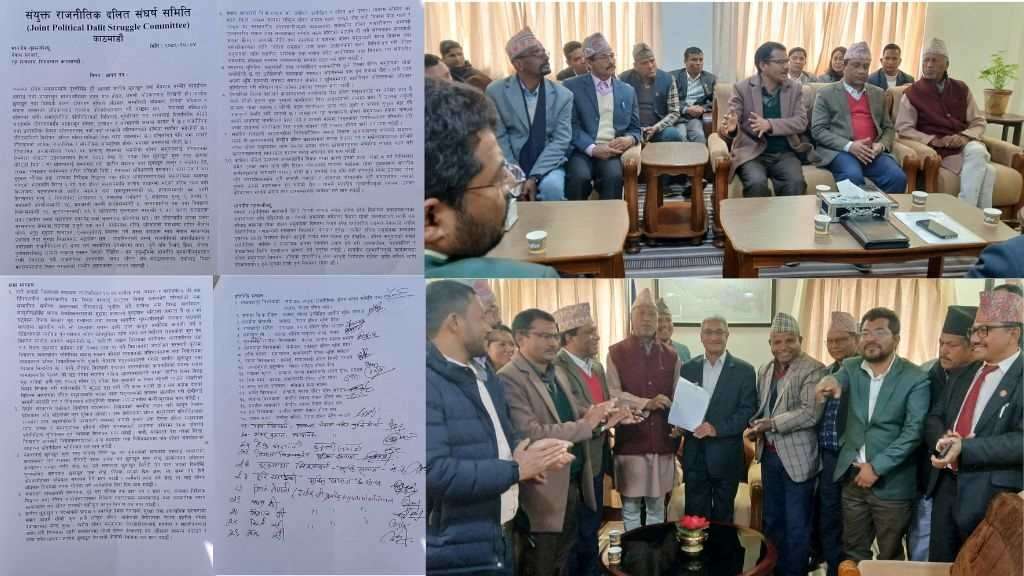
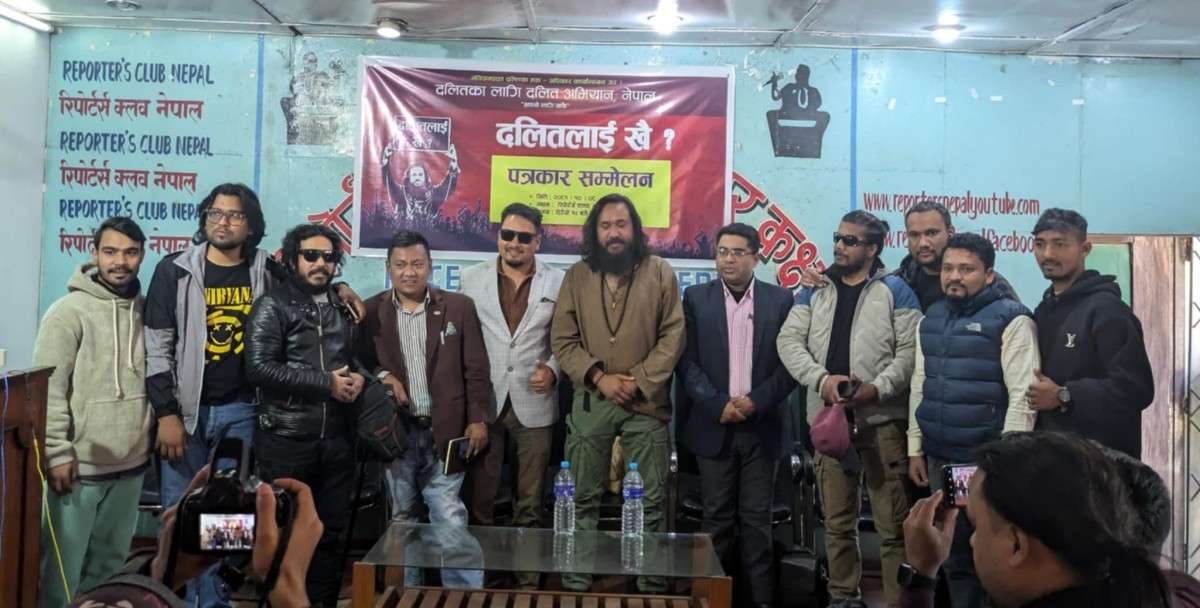
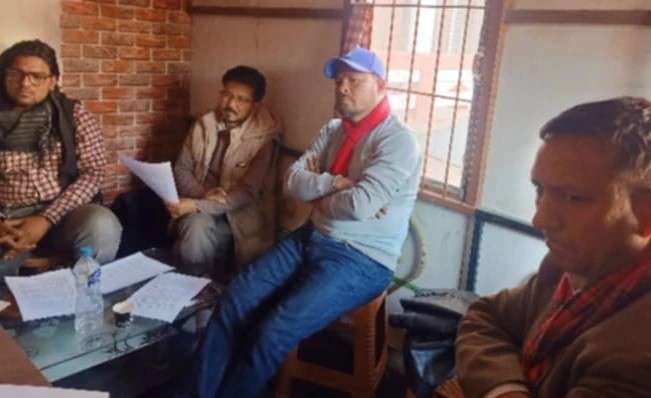
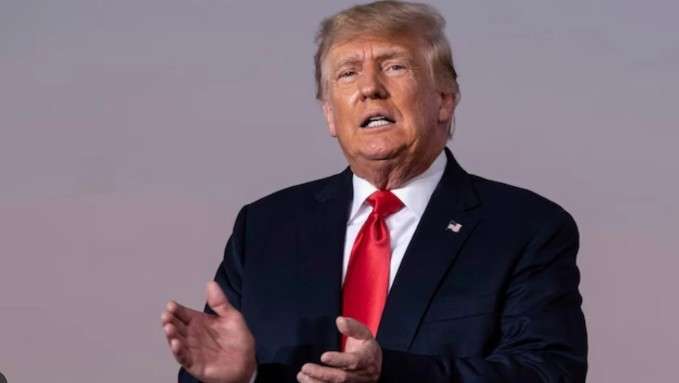
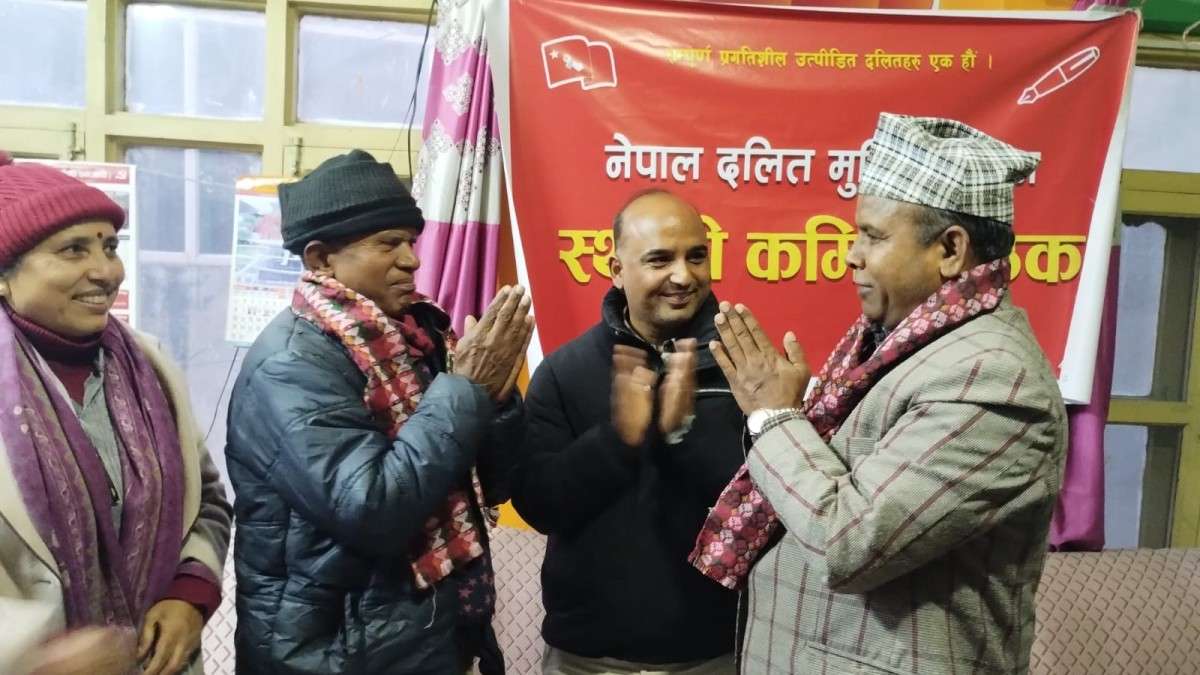
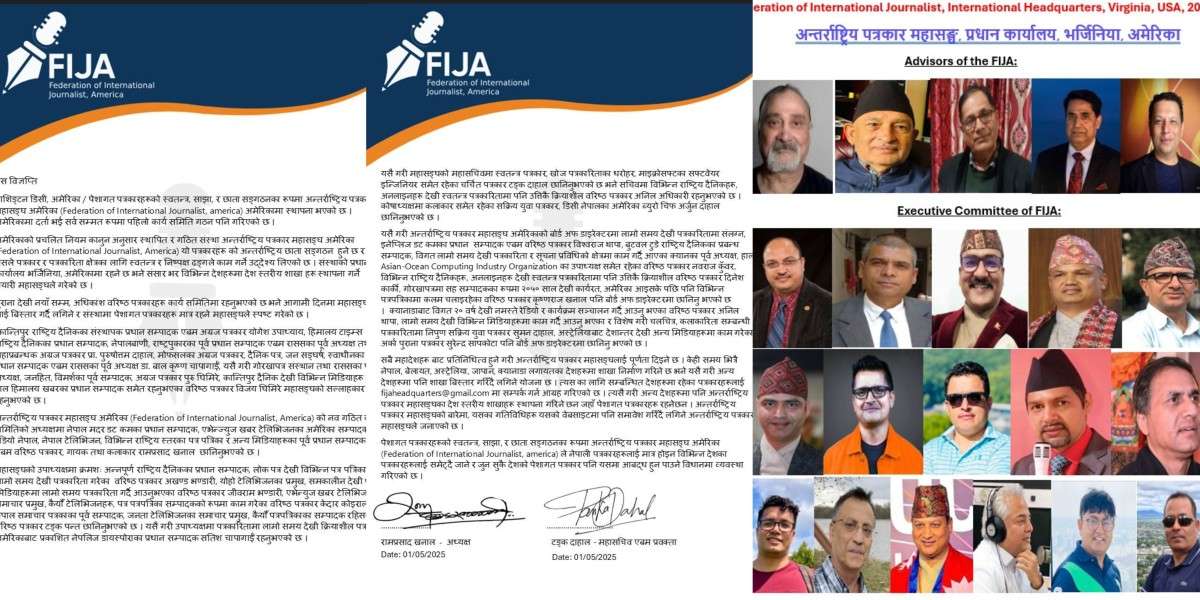



Conversation